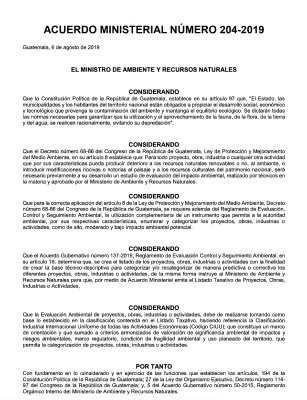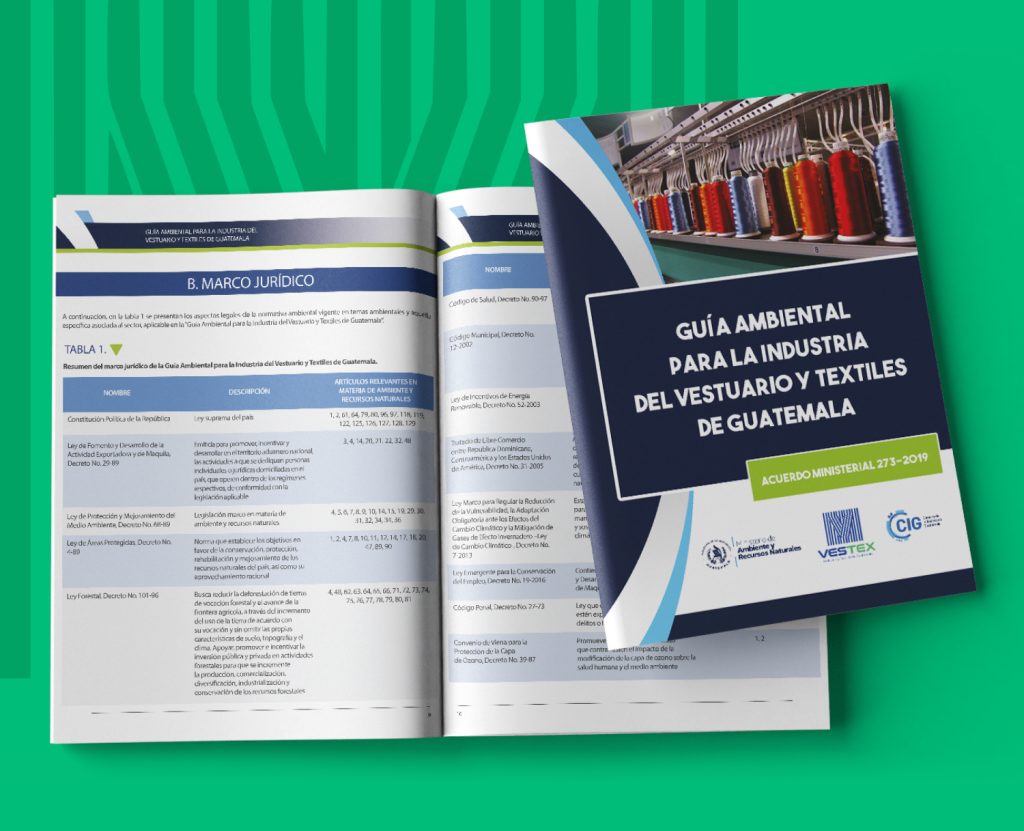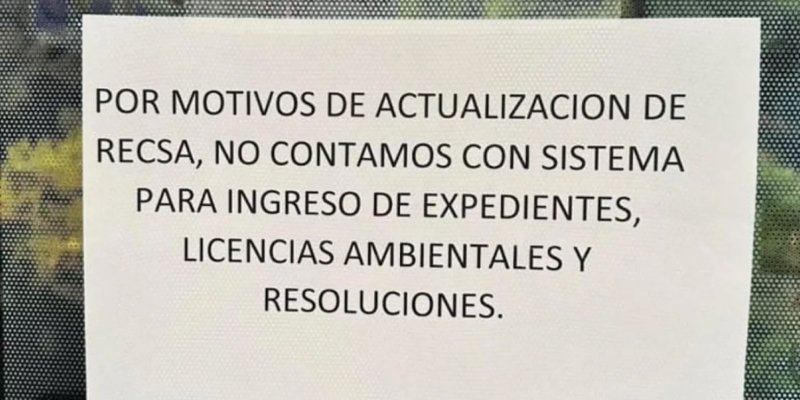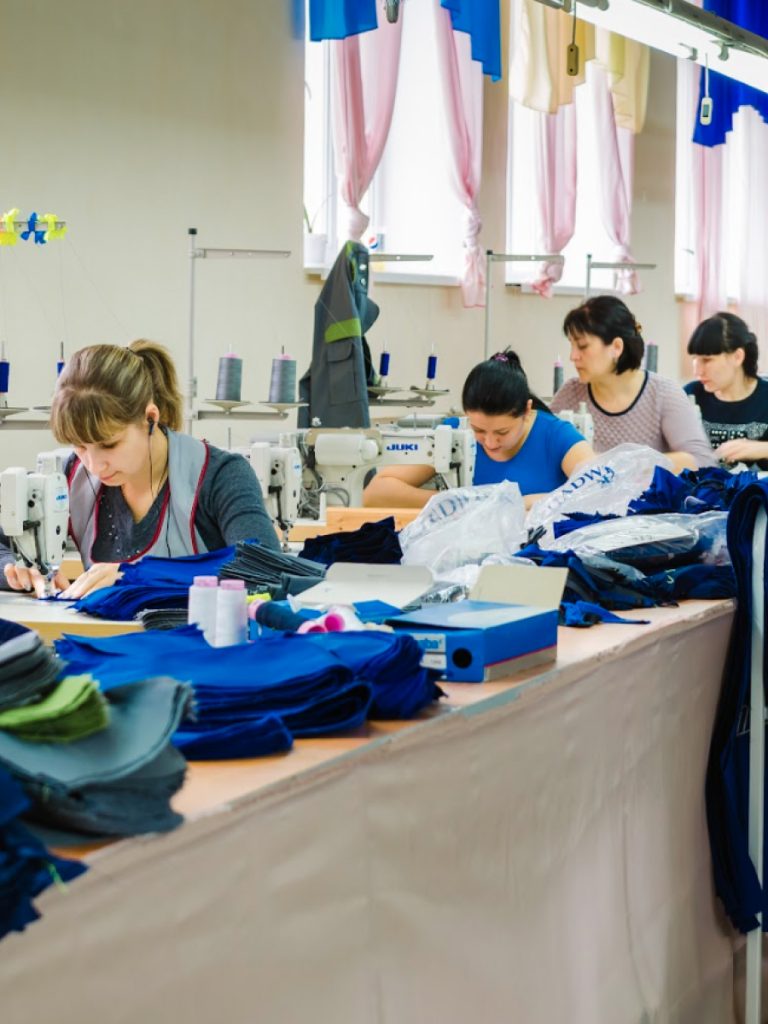Environmental Sustainability
VESTEX provides comprehensive assistance on sustainability issues by promoting compliance with international requirements and national legislation in the manufacture of textiles and clothing, through the promotion and training of companies in energy efficiency practices, proper water management, waste reduction in the textile industry and the promotion of international certifications, compliance with national regulations, among others..
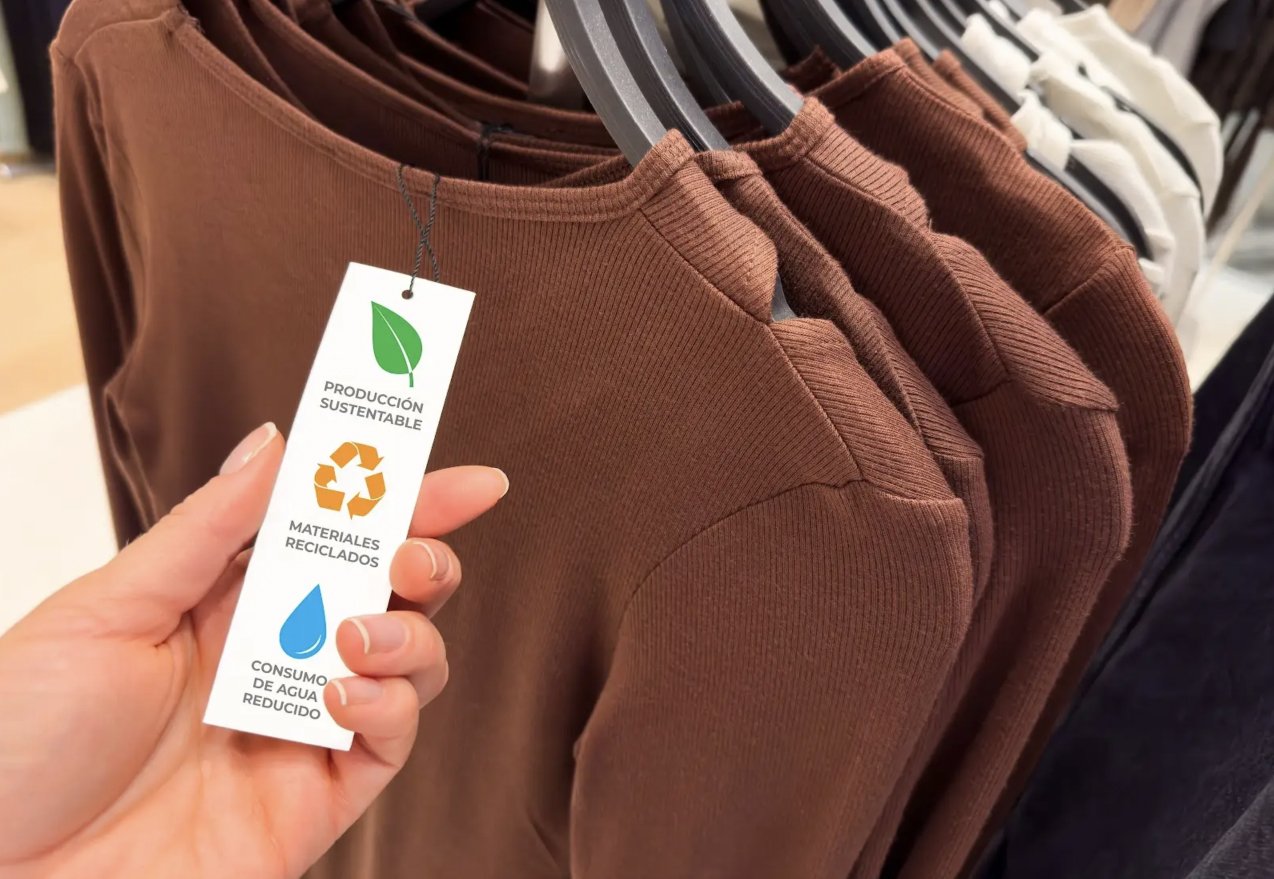
Why is environmental sustainability important in the apparel and textile sector?
Guatemala’s apparel and textile industry has evolved significantly in recent years, and sustainability has become a key pillar for its continuity. This sector has implemented strategies to reduce its environmental impact, with more efficient practices for the proper use of natural resources, reduction of greenhouse gas emissions, and proper management of waste and solid waste.
It has also incorporated into its process the selection of more sustainable materials, such as organic or recycled fibers, and has invested in technologies that promote efficiency and quality in its production.
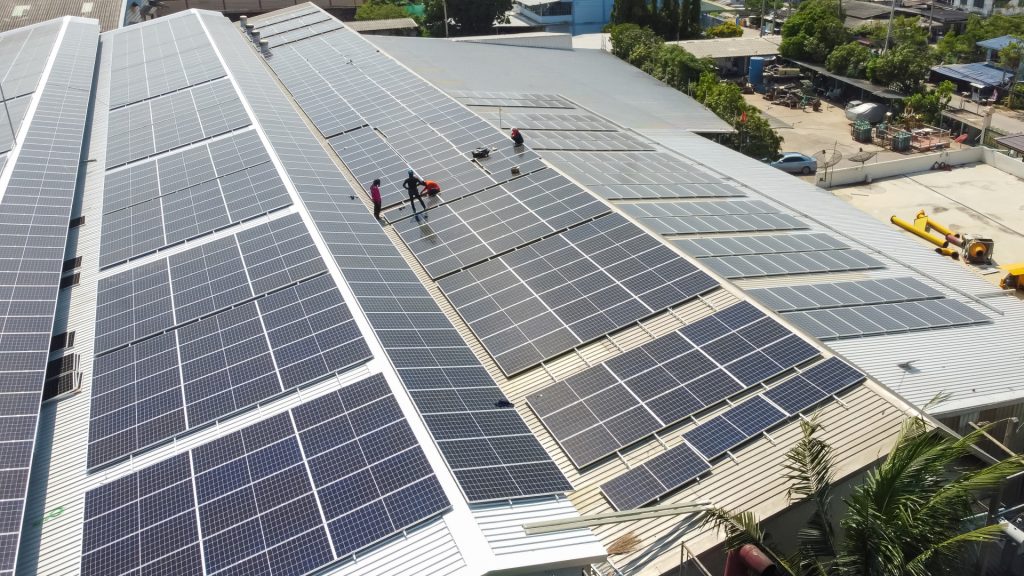
Environmental sustainability in the apparel and textile industry is more than a trend, it is the differentiating element that sets the path for its continuity and competition worldwide.
As an export industry, it is subject to compliance with high quality standards, and companies in Guatemala must currently have environmental certifications that endorse their commitment and actions to care for the environment, as well as their efficiency in order to make production more efficient and competitive.
Nowadays, one of the main requirements of the clients towards the companies of the sector is to have an Environmental Policy that serves as a spearhead for the actions in favor of an efficient and environmentally friendly production, within which commitments and actions to follow can be defined for a successful environmental management system.
As part of the support that VESTEX provides to its associates and in order to provide companies in the sector with a document that supports them in the development of their environmental policy, VESTEX makes available the Guide to learn how to create an Environmental Policy in the apparel and textile industry in Guatemala.
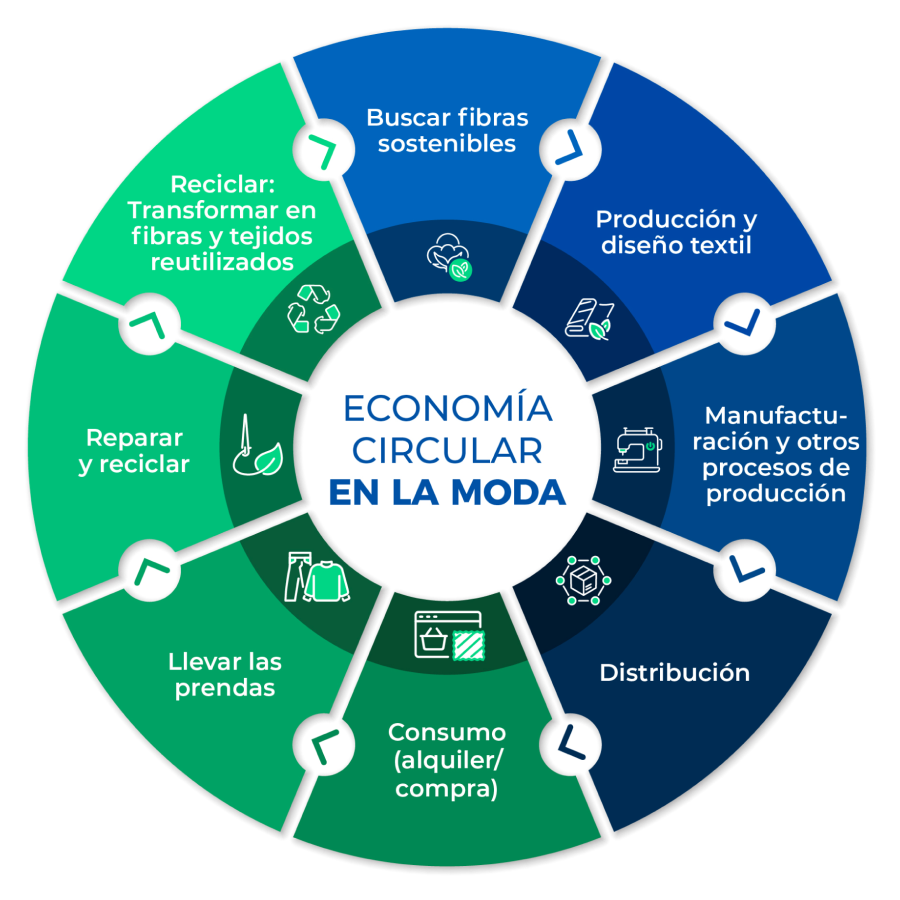
Committed to promote more efficient and responsible sustainability practices
VESTEX represents the apparel and textile industry in Guatemala through its participation in public-private forums. It also offers permanent monitoring of trends and regulations with which companies in the sector must comply.
Cascale Global Community Members
VESTEX has been a member of Cascale since 2017, an organization that creates and promotes the Higg Index environmental assessment tool and Higg FSLM labor, which drives the proper use of natural resources (Water, Energy, Waste and Waste, Proper Chemical Management and CO2 Emissions).
By joining Cascale, VESTEX joins more than 195 global brands, retailers and manufacturers, as well as governmental organizations, environmental non-profit organizations and academic institutions, who are collectively committed to improving supply chain sustainability in the apparel, footwear and textile sector.
VESTEX is the first apparel and textile association in Latin America to become a member of Cascale.
Higg FEM tool trainers
As a member of this organization, VESTEX is also an approved trainer for Cascale de Higg FEM, an environmental self-assessment tool in the following areas: emissions, wastewater treatment, water resource use, energy efficiency, proper chemical management, waste and solid waste treatment.
Legislation and regulations
Law for the Protection and Improvement of the Environment, Decree No. 68-86.
Framework Law to Regulate the Reduction of Vulnerability, Mandatory Adaptation to the Effects of Climate Change and Mitigation of Greenhouse Gases -Climate Change Law-, Decree No. 7-2013.
Regulations for the Discharge and Reuse of Wastewater and Sludge Disposal, Governmental Agreement No. 236-2006.
It establishes the criteria and requirements that can be met for the discharge and reuse of wastewater, as well as for the disposal of sludge. The aforementioned in order to establish a process that allows:
- Protect receiving water bodies from the impacts of human activity.
- Recover receiving water bodies in the process of eutrophication.
- Promote the development of water resources with a vision of integrated management.
Amendments to Governmental Agreement Number 137-2016, Regulation of Environmental Evaluation, Control and Monitoring. - Governmental Agreement Number 317-2019
Amendments to Governmental Agreement Number 137-2016, Regulation of Environmental Evaluation, Control and Monitoring. - Governmental Agreement Number 148-2024
General Manual of the Regulations for the Discharge and Reuse of Wastewater and Sludge Disposal, Ministerial Agreement No. 105-2008.
Regulations for Environmental Evaluation, Control and Monitoring, Governmental Agreement No. 137-2016.
Taxable List of Projects, Works, Industries or Activities, Ministerial Agreement No. 204-2019
Regulation for the Integral Management of Residues and Solid Waste, Governmental Agreement No. 164-2021 and its Amendments, Governmental Agreement 184-2023.
Environmental Guide for the Apparel and Textile Industry of Guatemala, Ministerial Agreement No. 273-2019
They are used as a basis for the elaboration of the environmental instrument and consequently to carry out environmental audits.
Key environmental certifications for the sector

Higg FEM (Facility Environmental Module)
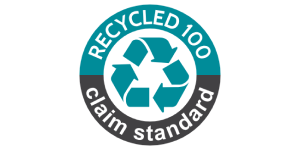
Recycled Claim Standard (RCS)

Global Recycled Standard (GRS)
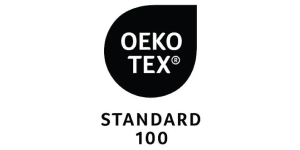
OEKO-TEX Standard 100
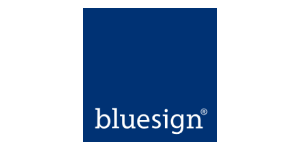
Blue Sign
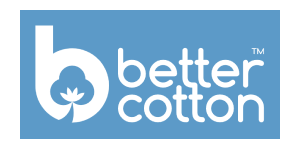
Better Cotton Initiative (BCI)
Does your company comply with the basic requirements of Environmental Sustainability?
Environmental Instrument
- Approved by the Ministry of Environment and Natural Resources
- Evaluate compliance with the commitments established in your Environmental Management Plan and MARN's Approval Resolution.
Environmental license
- Current and approved by the Ministry of Environment and Natural Resources.
Wastewater Technical Study -WWTS -WWTES
Characterization of wastewater 2 times a year
Primary classification of waste and solid waste
- Primary and Secondary
Environmental guide for the apparel and textile industry in Guatemala
With the support of the Knitting and Textile Guilds of the Chamber of Industry of Guatemala, VESTEX together with the Ministry of Environment and Natural Resources worked on the Environmental Guide for the Apparel and Textile Industry of Guatemala, approved by Ministerial Agreement No. 273-2019, in order to incorporate good practices to environmental variables in the planning, development and monitoring of environmental management of the textile and apparel sector in Guatemala, as a minimum technical reference applicable to the development of companies in the cluster in Guatemala. 273-2019, in order to incorporate good practices to environmental variables in the planning, development and monitoring of environmental management of the textile and apparel sector, as a minimum technical reference applicable to the development of cluster companies in Guatemala (weaving, dyeing, hosiery, laundry, fabric finishing, narrow fabrics, clothing and finishing).
This guide can be used as a basis for the preparation of the environmental instrument and, consequently, for carrying out environmental audits.
Press releases
Sustainable fashion is that which takes into account materials, recycling and waste in the production of garments. The fashion industry is seeking to show a new face in its coexistence with the planet. Designers and manufacturers are already working to move towards sustainable fashion, driven by customers who no longer see the throwaway culture as logical.
Regulation | Guatemalan companies now have more time to comply with environmental regulations, they will now have until September 27, 2025 to submit their Environmental Corrective Instrument in addition to obtaining the Environmental License.
The Ministry of Environment and Natural Resources (MARN) published Governmental Agreement 148-2024 extending the term to one year for medical clinics, restaurants, hotels, educational institutions, production plants, businesses, industries or any type of activity to regularize before the Ministry and comply with the management of the corrective environmental instrument.
The Ministry of Environment and Natural Resources has amended the Regulations for Environmental Evaluation, Control and Monitoring (RECSA).







